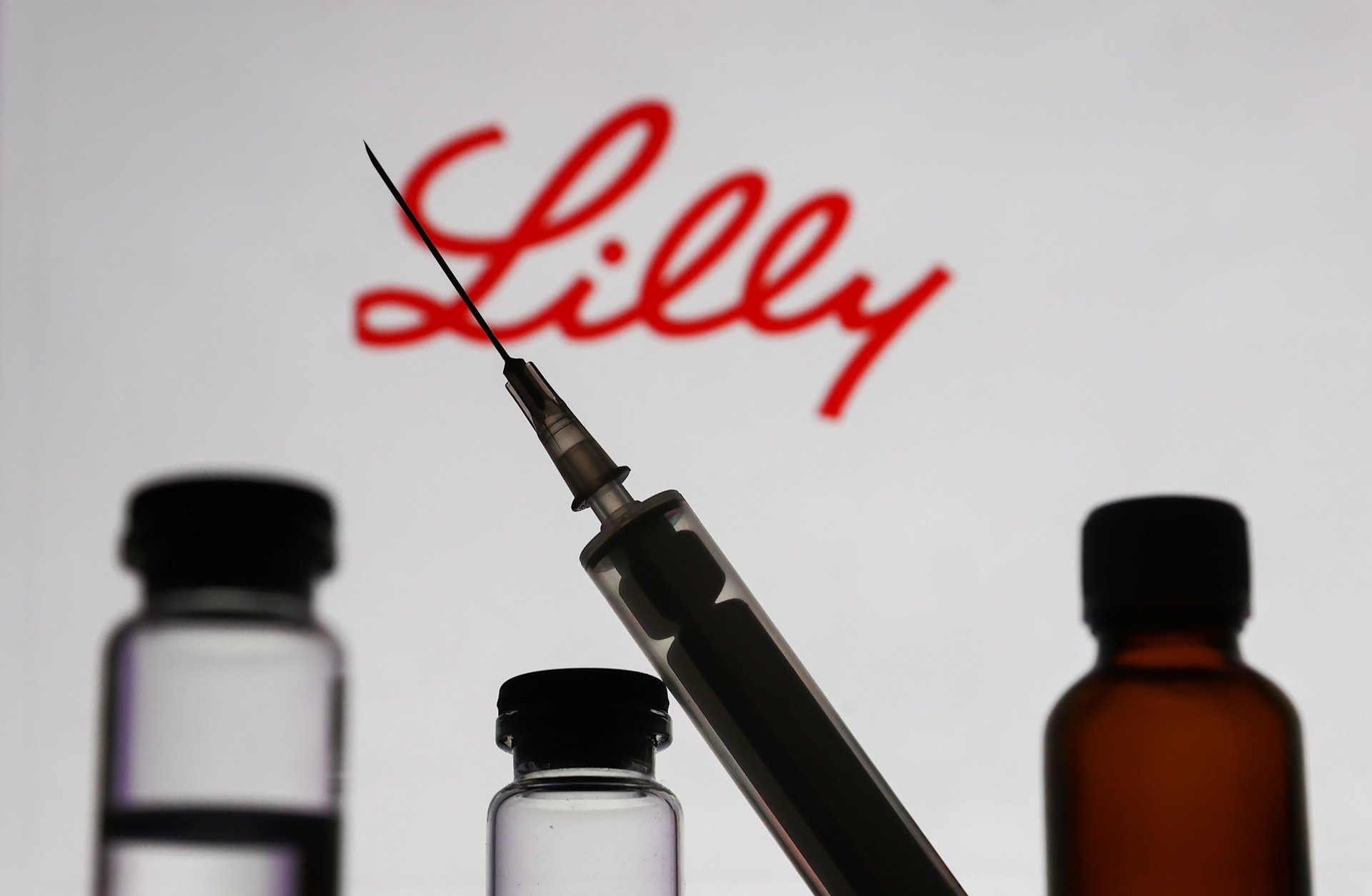Stop selling off-brand weight loss drugs, Eli Lilly warns companies
The pharma giant is targeting providers who are promoting compounded versions of tirzepatide — the active ingredient in Zepbound and Mounjaro

Eli Lilly is demanding healthcare providers to stop promoting and selling off-brand versions of its popular weight loss and diabetes drugs — Zepbound and Mounjaro.
Suggested Reading
The pharma giant has sent cease-and-desist letters to a number of telehealth companies, wellness centers, and medical spas, a company spokesperson told Bloomberg.
Related Content
The letters told healthcare providers to cease the “manufacture, promotion, and/or sale” of compounded versions of tirzepatide — the active ingredient in Mounjaro and Zepbound, the outlet reported.
When a medication is in shortage, like Zepbound is, the U.S. Food and Drug Administration allows pharmacies to make compounded, or altered, versions of the drug if they meet specific regulatory requirements. However, the agency does not review the safety and efficacy of these products.
But the shortage of Zepbound could end in the near future.
Eli Lilly’s CEO David Ricks told Bloomberg earlier this month that Zepbound will no longer be in shortage “very soon.”
The news could put sellers of off-brand or compounded versions of the medication in jeopardy. Wall Street estimates that the market for these copycat drugs has likely reached $1 billion, Bloomberg reports.
The U.S. Food and Drug Administration updated its drug shortage database last week, showing that all doses of Eli Lilly’s weight loss and diabetes drugs Zepbound and Mounjaro are now available.
Still, as of today, the FDA still lists Zepbound and Mounjaro in shortage and says it is working with Eli Lilly to ensure a steady supply of the popular drugs.
The regulator told Reuters that even when all doses of a drug are found to be available, there are other requirements that need to be fulfilled for a drug to be removed from the list, including whether backorders are being fulfilled.
This has left the door open for pharmacists and telehealth platforms to sell cheaper versions of the highly coveted treatments.
Skyrocketing demand for Zepbound and other weight loss drugs like Wegovy have transformed Eli Lilly and Novo Nordisk into the most valuable pharmaceutical companies in the world. But, increased demand has also made it difficult for some patients to get their prescriptions filled.
Mounjaro was first added to the FDA’s drug shortage list in 2022, while Zepbound was officially declared in limited supply this April.
So far, one telehealth company has stopped offering the copycat drugs to their patients. Zappy Health founder Michel Choueiri wrote to patients that “while we believe these letters are unfounded, a company like ours may not be able to withstand legal battles against well-funded corporations,” according to Bloomberg.
